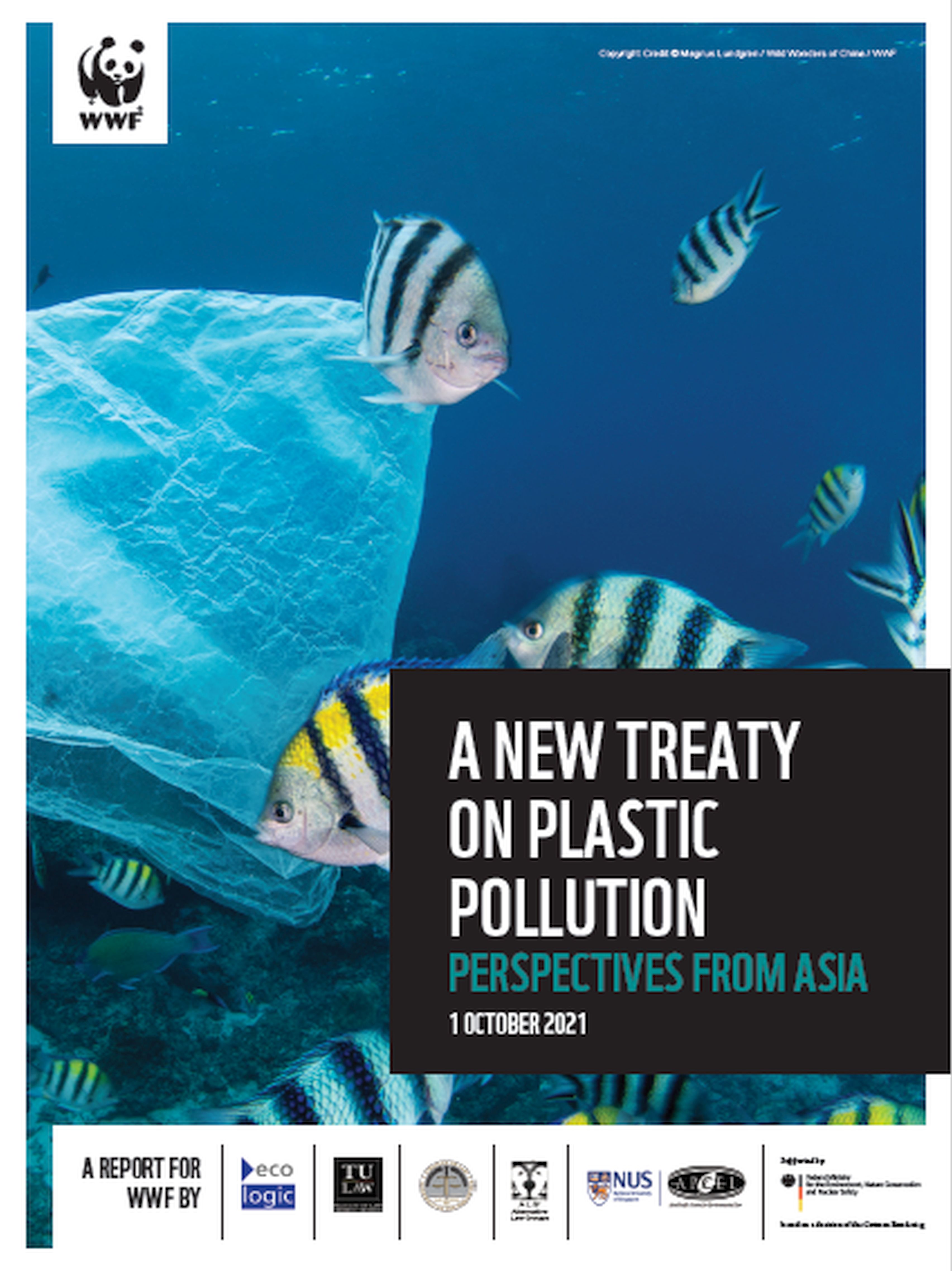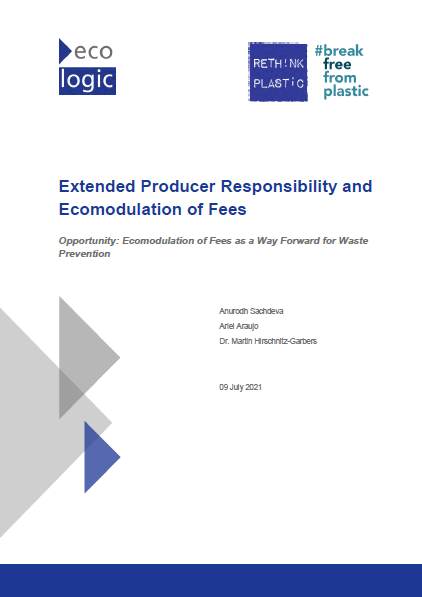
Anurodh Sachdeva
MSc (Environmental Studies)
B.Eng (Mechanical Engineering)
Associate
- Team
- Topics
Anurodh Sachdeva is an Associate at Ecologic Institute. From November 2019 until September 2020 he was an International Fellow at Ecologic Institute. While at Ecologic Institute, he was researching courtesy of a grant from the Alexander von Humboldt Foundation's German Chancellor Fellowship. Anurodh's main research interests are urban environmental issues including solid waste management with a focus on plastics, circular economy and water management. He is a native Hindi speaker, is fluent in English and is learning German.
At Ecologic Institute, Anurodh was working under the mentorship of Dr. Martin Hirschnitz-Garbers on understanding the role of Extended Producer Responsibility (EPR) in realizing a circular economy of plastic waste and e-waste. Through this project, he aimed to critically analyze and understand key factors that have shaped Germany’s EPR Policy on plastic waste and e-waste to draw important lessons for the Indian Waste Management context.
Before joining Ecologic Institute, Anurodh was working as a project consultant with Ernst & Young in India. His primary responsibilities included providing project implementation support to Urban Local Bodies, conducting research and providing policy support for urban environmental issues such as Solid Waste Management and Water Management. He was a Dalai Lama Fellow from 2017 to 2018 for his project on developing a self-sustaining decentralized waste management system in a small town of Rajgir in India. He was also a School for Social Entrepreneur Fellow India for which he worked on a project to study the issue of Indoor Air Pollution in India and develop alternatives to fuelwood cooking.
He completed his Masters in Environment Studies from Nalanda University (India). For his dissertation, he conducted interdisciplinary research estimating willingness to pay for door-to-door waste collection service, exploring socio-economic factors that influence decisions to participate in the waste collection and recycling initiatives.






